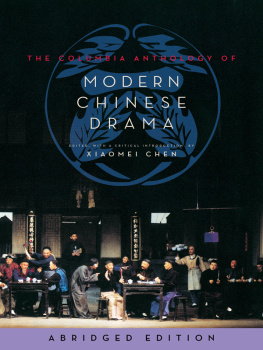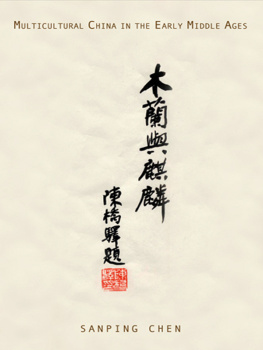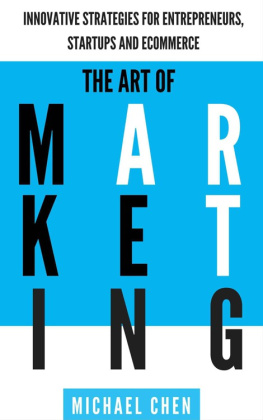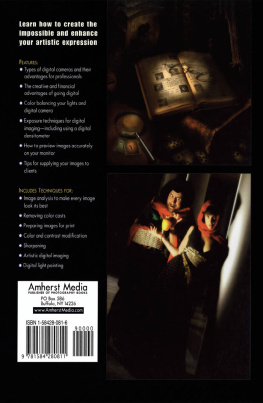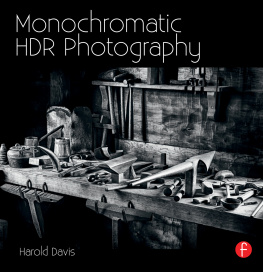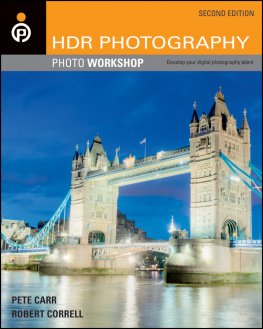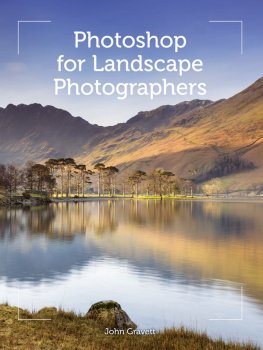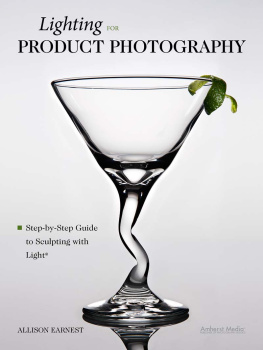
For my students who strive to elevate their artistry and to refine their techniques.
Special thanks to Martha, Ruth, and Tatyanna for modeling, and to Jessica for material support.
Copyright 2014 by Mark Chen.
All rights reserved.
All photographs by the author.
Published by:
Amherst Media, Inc.
P.O. Box 586
Buffalo, N.Y. 14226
Fax: 716-874-4508
www.AmherstMedia.com
Publisher: Craig Alesse
Senior Editor/Production Manager: Michelle Perkins
Assistant Editor: Barbara A. Lynch-Johnt
Editorial Assistance from: Carey A. Miller, Sally Jarzab, John S. Loder
Business Manager: Adam Richards
Marketing, Sales, and Promotion Manager: Kate Neaverth
Warehouse and Fulfillment Manager: Roger Singo
ISBN-13: 978-1-60895-639-5
Library of Congress Control Number: 2013905218
10 9 8 7 6 5 4 3 2 1
No part of this publication may be reproduced, stored, or transmitted in any form or by any means, electronic, mechanical, photocopied, recorded or otherwise, without prior written consent from the publisher.
Notice of Disclaimer: The information contained in this book is based on the authors experience and opinions. The author and publisher will not be held liable for the use or misuse of the information in this book.
Check out Amherst Medias blogs at: http://portrait-photographer.blogspot.com/
http://weddingphotographer-amherstmedia.blogspot.com/
Contents




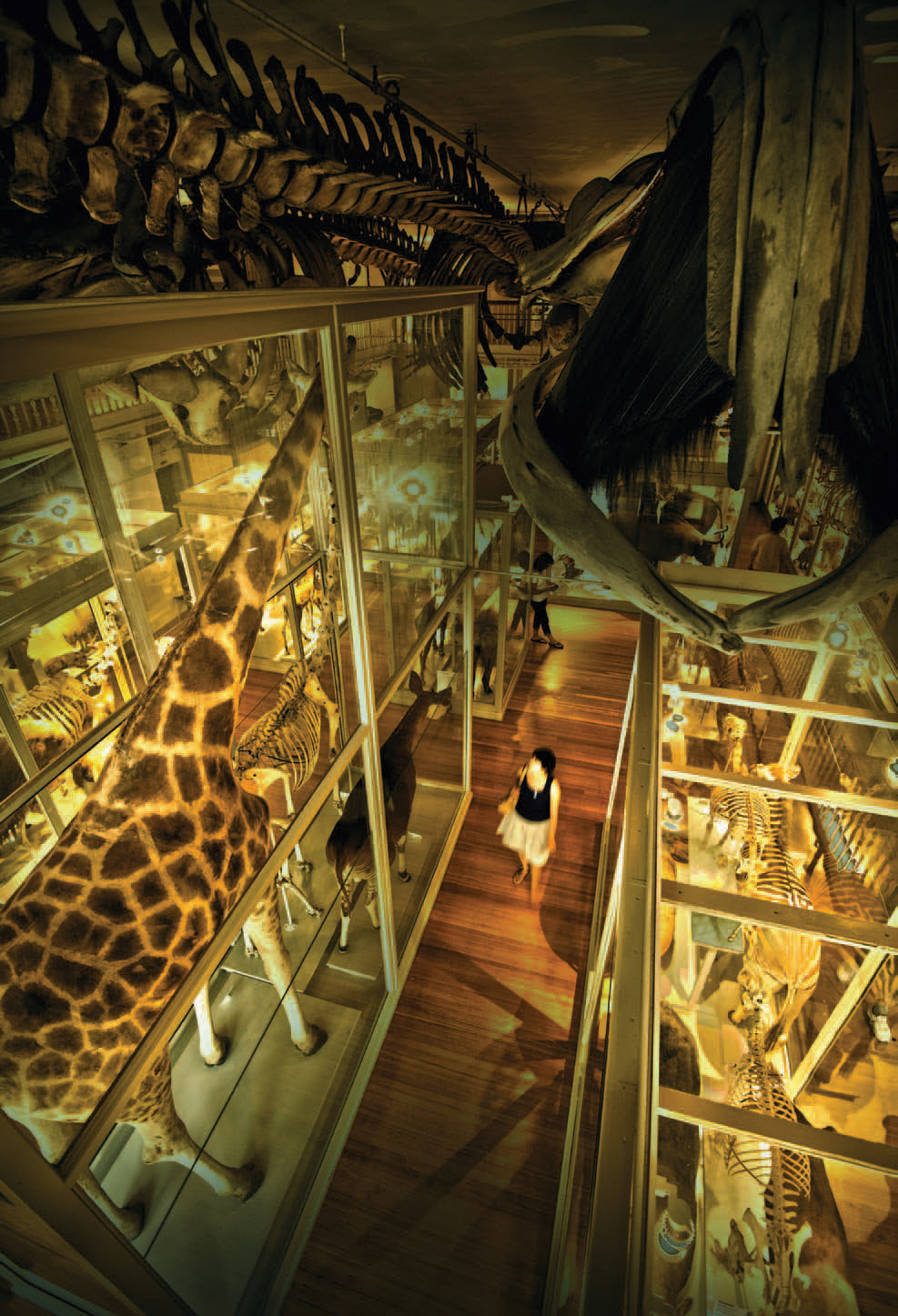

Mark Chen is a Houston-based photographer, educator, and author. Chens passion for photography started early, as a teenager in his native Taiwan. A pursuer of photographic artistry and a believer in imaging technology, Chen embraced digital photography with great enthusiasm. Combining creativity, technical expertise, and a think-outside-the-box attitude, Mark Chen established himself as a sought-after wedding photographer whose creative album designs attract discerning clients. In recent years, Chen has ventured into the genres of stock and fine-art photography. His works have been shown at events such as Fotofest 2012 and Houston ArtCrawl. His images and fine art prints are collected by private and corporate collectors.
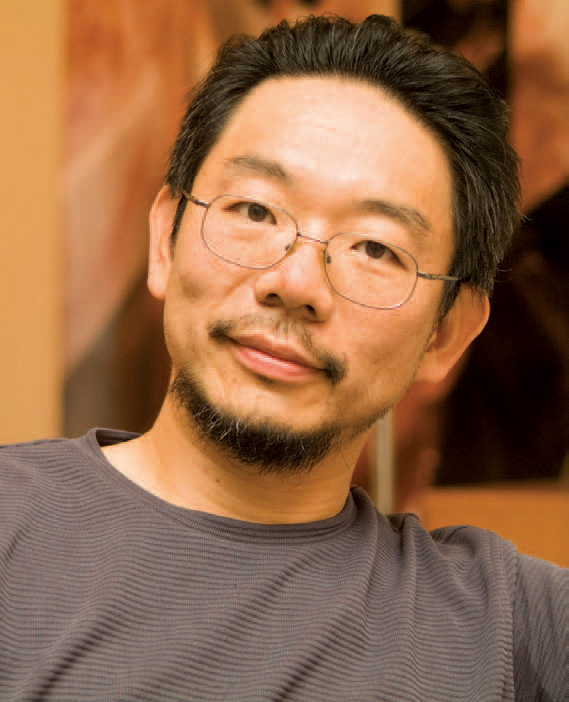
PHOTOGRAPH BY ROSIE ISRAEL.
Chen is an Adobe Certified Expert/Instructor who teaches at Houston Baptist University and Houston Community College in addition to leading workshops at corporate and industry events hosted by such groups as the Texas Professional Photographers Association (TPPA). He is also a member and instructor at Houston Center for Photography (HCP). Currently, he is working on an MFA degree at the School of Art at the University of Houston.
Mark Chens book titles include Creative Wedding Album Design with Adobe Photoshop: Step-by-Step Techniques for Professional Digital Photographers; Unleashing the RAW Power of Adobe Camera Raw: Master Techniques for Professional Digital Photographers; and Flash and Ambient Lighting for Digital Wedding Photography: Creating Memorable Images in Challenging Environments (all from Amherst Media)
H igh dynamic range imaging, or HDR, is nothing new. In the days of film photography, the technique was introduced by Gustave Le Gray as early as 1856. However, the digital revolution has made this technique much more robust. Sophisticated techniques are now more feasible and well within the grasp of photographers in every genre. The time has come to develop HDR into a mature and complete skill set.
It wasnt long after the dawn of digital HDRs popularity that I started to hear the voice of HDR haterscomments stemming mostly from seasoned photographers. They dismissed HDR mostly for its overly processed, fake, and cartoonish looks. To a certain degree, I would have to agree with this notion. My own concern wasnt the aesthetic quality of HDRs signature look, but that its over-hyped use would soon become tiresome to viewers. To make HDR a lasting subject in the visual art scene, I knew that it needed to be elaborated.
To make HDR a lasting subject in the visual art scene, I knew that it needed to be elaborated.
shows an HDR image of an abandoned factory. One might say that this is typical HDR subject matter with a typical HDR look. Notice the low contrast and the enhanced detailsespecially in the shadows, areas that normally elude digital capture. I think this effect suits the subject well, but what is your take on this image? Is this all there is to HDR? The answer is an absolute no.

P1. A typical HDR image with a grunge look. But is this the limit of HDR?

P2. Using HDR allowed me to create an interesting juxtaposition that would otherwise have been beyond the reach of digital capture.
HDR is much more versatile than how it is stereotypically perceived. It can be successfully implemented far beyond this grunge look. Scenes overloaded with detail are good choices for HDR techniques, but they are certainly not the only subjects that can benefit from the use of the approach. Blue skies (not just stormy ones) can be nicely presented in HDR images. And, yes, even portraits (not just funky, stylized ones) can be powerfully created using HDR.
Next page


